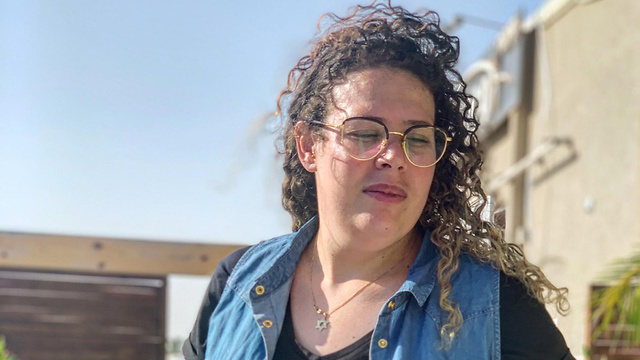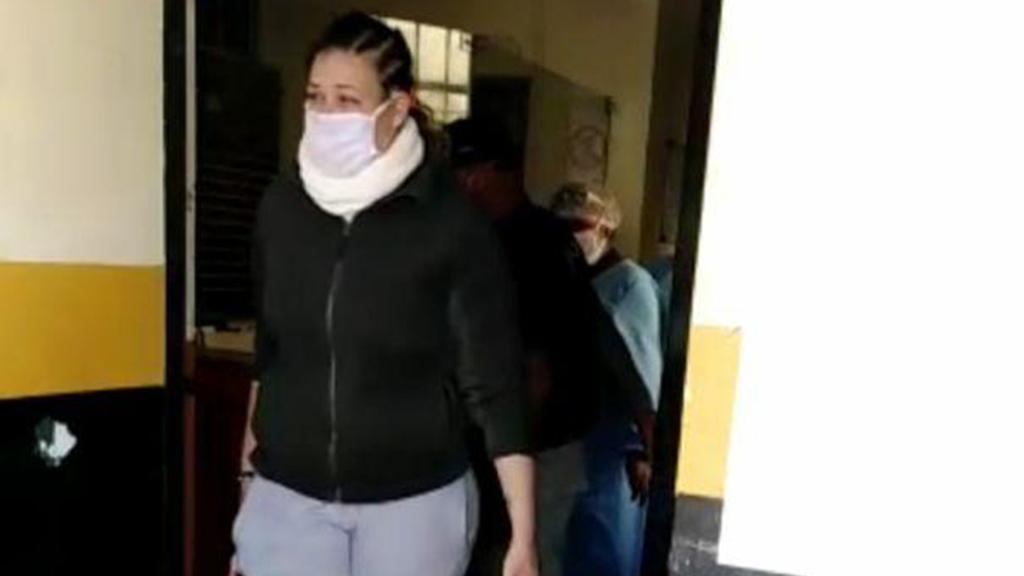Getting your Trinity Audio player ready...
An Israeli woman with "special needs", jailed in Peru on suspicion of drug smuggling, was on Sunday released to house arrest and will be staying with a local Jewish family while awaiting trial.
Hodaya Monsonego, 25, who is said to be cognitively impaired according to her family, was arrested with another Israeli national approximately nine months ago at an airport in Lima, carrying 28 kilograms of cocaine.
The authorities still have not set a date for the opening hearing and Israel's justice ministry still works to persuade Peru's officials to grand the woman a pardon.
Her family claimed that smugglers took advantage of her due to her cognitive disability and the drugs did not belong to her. The family said Hodaya was travelling through Spain when she met a group of people, who offered her to fly to Latin America and exploited her.
Maor Monsonego, Hodaya's brother, said the coronavirus in South America, especially in Peru, worried his family and they were hoping the woman would soon be freed. "We were very much worried," said Maor. "We prayed that she would be let out of prison."
Tehila, Hodaya's sister, said that her family was very happy with the court's decision to put her under house arrest.
"We talked to Hodaya, and she is excited, she feels and sounds just fine. We do not know many details but as far as we are concerned, we are working on the pardon request," Tehila said.
President Reuven Rivlin thanked the Peruvian authorities on his official Twitter account for allowing Monsonego to say with the local family and expressed hope the move would be a "step towards her full release soon."
In February Rivlin wrote a letter to Peru's President Martin Vizcarra, asking him to grant clemency to Monsonego, who suffers from “medical issues and has been diagnosed with limited cognitive ability” which impairs her judgment, according to a statement sent out by the president’s office.
Rivlin stressed that the young woman has no previous criminal record and that it is “reasonable to believe that her unique condition…led her to be involved in the alleged matter unintentionally.”



